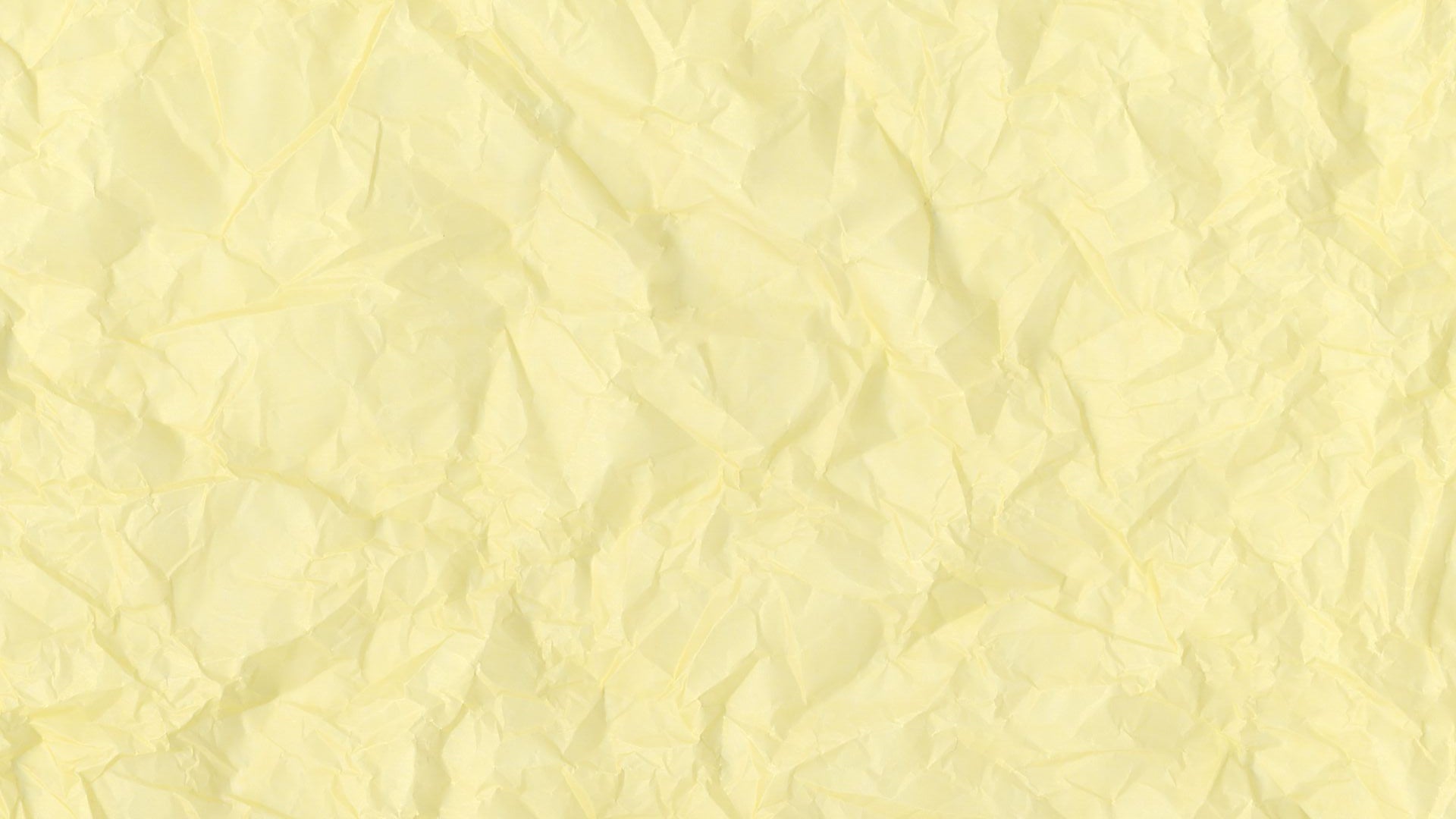Recycling notebooks is an excellent way to help reduce waste and contribute to sustainability efforts. Here are the general steps for recycling notebooks, but remember to check with your local recycling guidelines as they can vary:
Removing Non-Recyclable Elements:
-
Separate the Pages from the Binding:
- If your notebook has a metal or plastic spiral or staples, remove it. You can do this by treating the pages out, or bending and pulling the spiral out of the holes or by using a pair of needle-nose pliers.
- If your notebook is glued or sewn together, try to separate the pages from the binding as cleanly as possible.
- For hardcover notebooks, remove the hard cover and any other non-paper elements.
-
Sort the Pages:
- Go through the pages and separate any that have non-recyclable materials like plastic-coated pages, stickers, foil or other adhesives.
Recycling the Paper:
-
Prepare the Paper:
- Once the pages are free of non-recyclable materials, stack them together. If they are significantly soiled or have a lot of ink, consider if they can still be recycled.
- It might be beneficial to shred the paper if it contains sensitive information.
-
Recycle:
- Place the paper in your recycling bin, making sure it's designated for paper products. Most curbside recycling programs accept paper.
- If you have a significant amount of paper to recycle, consider taking it to a recycling center.
Disposing of Non-Recyclable Elements:
-
Metal Spirals:
- Some recycling programs accept metal, so check if you can recycle the metal spirals separately.
- Some recycling programs accept metal, so check if you can recycle the metal spirals separately.
-
Plastic Elements:
- If there are plastic components such as covers or spirals, these often need to be disposed of separately since not all recycling programs accept plastics.
- If there are plastic components such as covers or spirals, these often need to be disposed of separately since not all recycling programs accept plastics.
-
Hard Covers:
- If the hardcover is made of cardboard, it might be recyclable. If it's coated with plastic or fabric, it might not be. Check your local guidelines.
Reuse When Possible:
Before you recycle, consider reusing your notebooks. Here are some ideas:
-
Repurpose the Pages:
- If some pages are blank or only lightly used, consider reusing them for notes, lists, or scrap paper.
- If some pages are blank or only lightly used, consider reusing them for notes, lists, or scrap paper.
-
Create a New Notebook:
- You can take the unused pages from several notebooks and bind them together to create a new notebook.
- You can take the unused pages from several notebooks and bind them together to create a new notebook.
- Turn the used pages into Art:
- Look up paper art or book art for inspiration on how to up-cycle your used notebooks into art.
Final Thoughts:
-
Check Local Guidelines:
- Recycling guidelines vary by area, so it’s crucial to understand what materials your local recycling facility accepts.
- Recycling guidelines vary by area, so it’s crucial to understand what materials your local recycling facility accepts.
-
Reduce and Reuse First:
- While recycling is important, the most sustainable option is to reduce waste initially and then to reuse materials as much as possible before recycling.
By following these steps, you can effectively recycle your notebooks and contribute to reducing paper waste.

